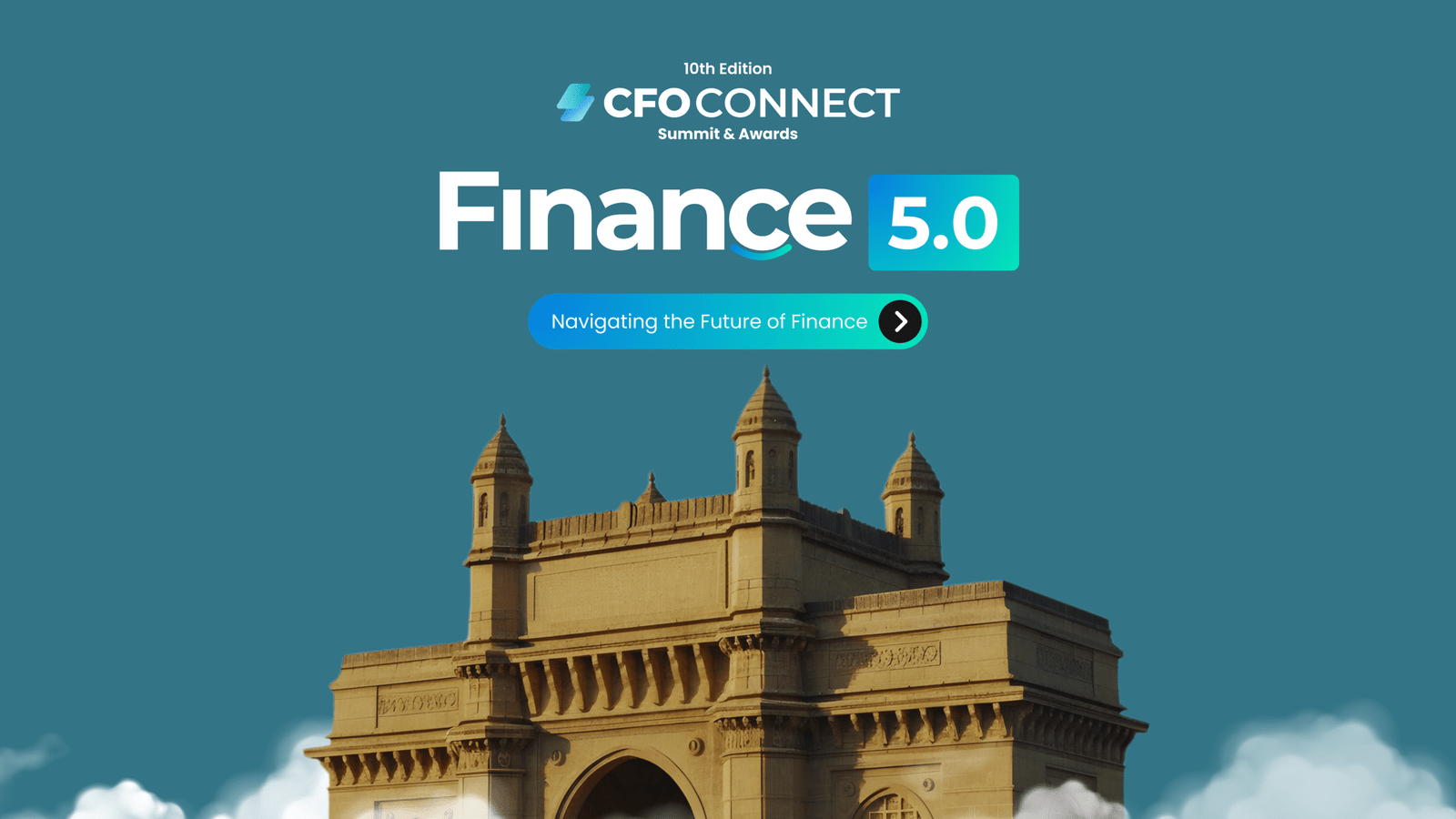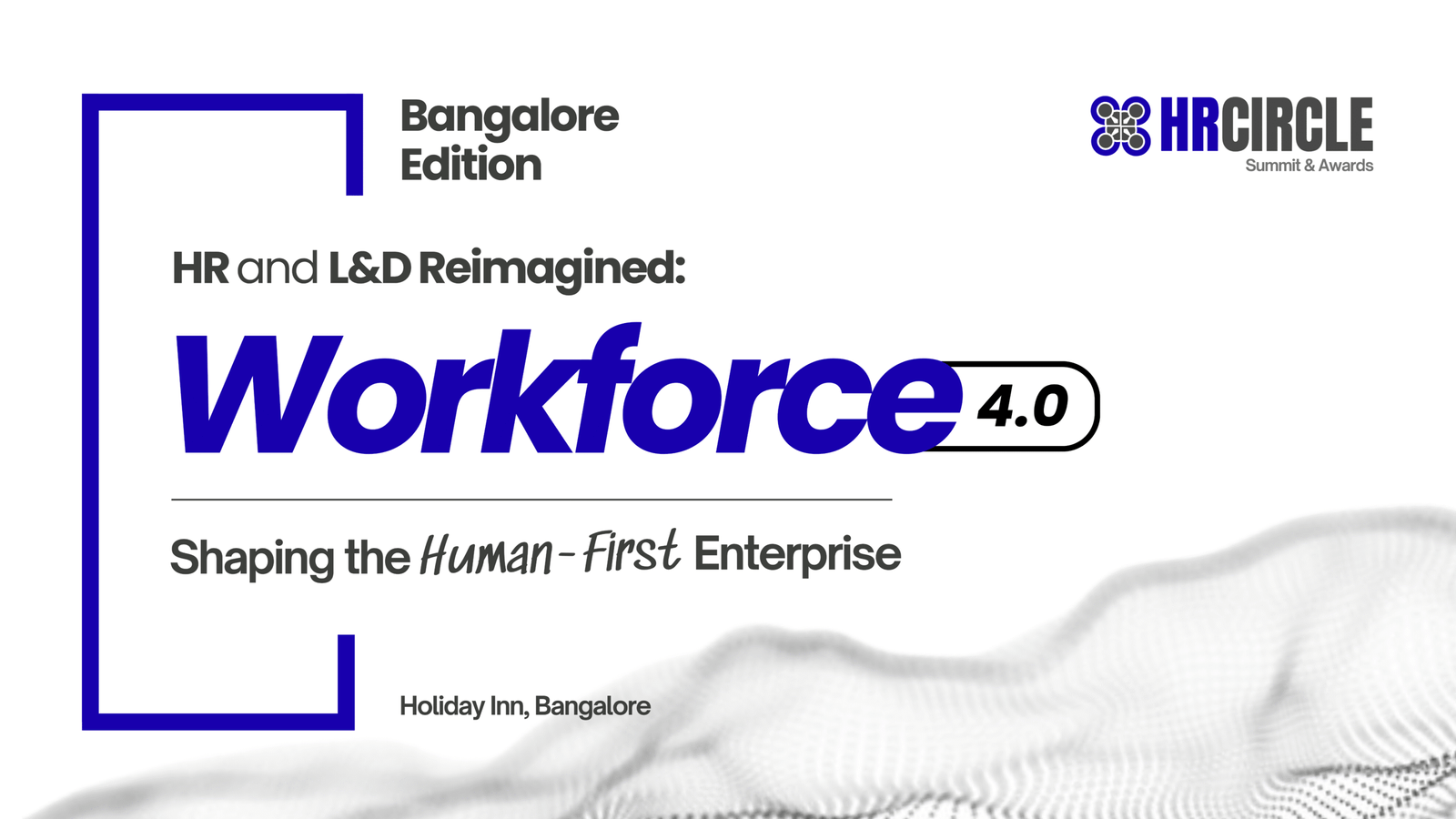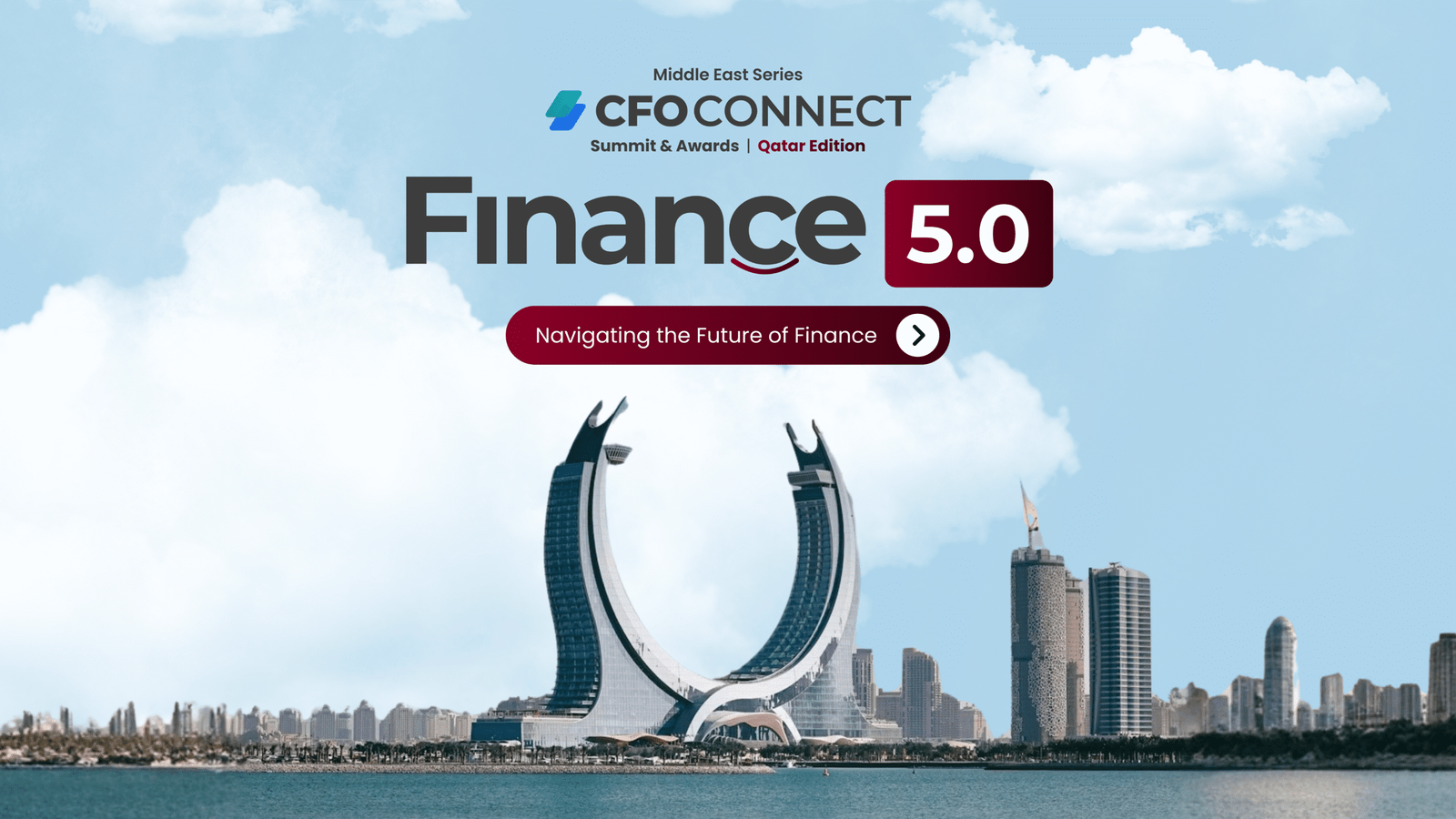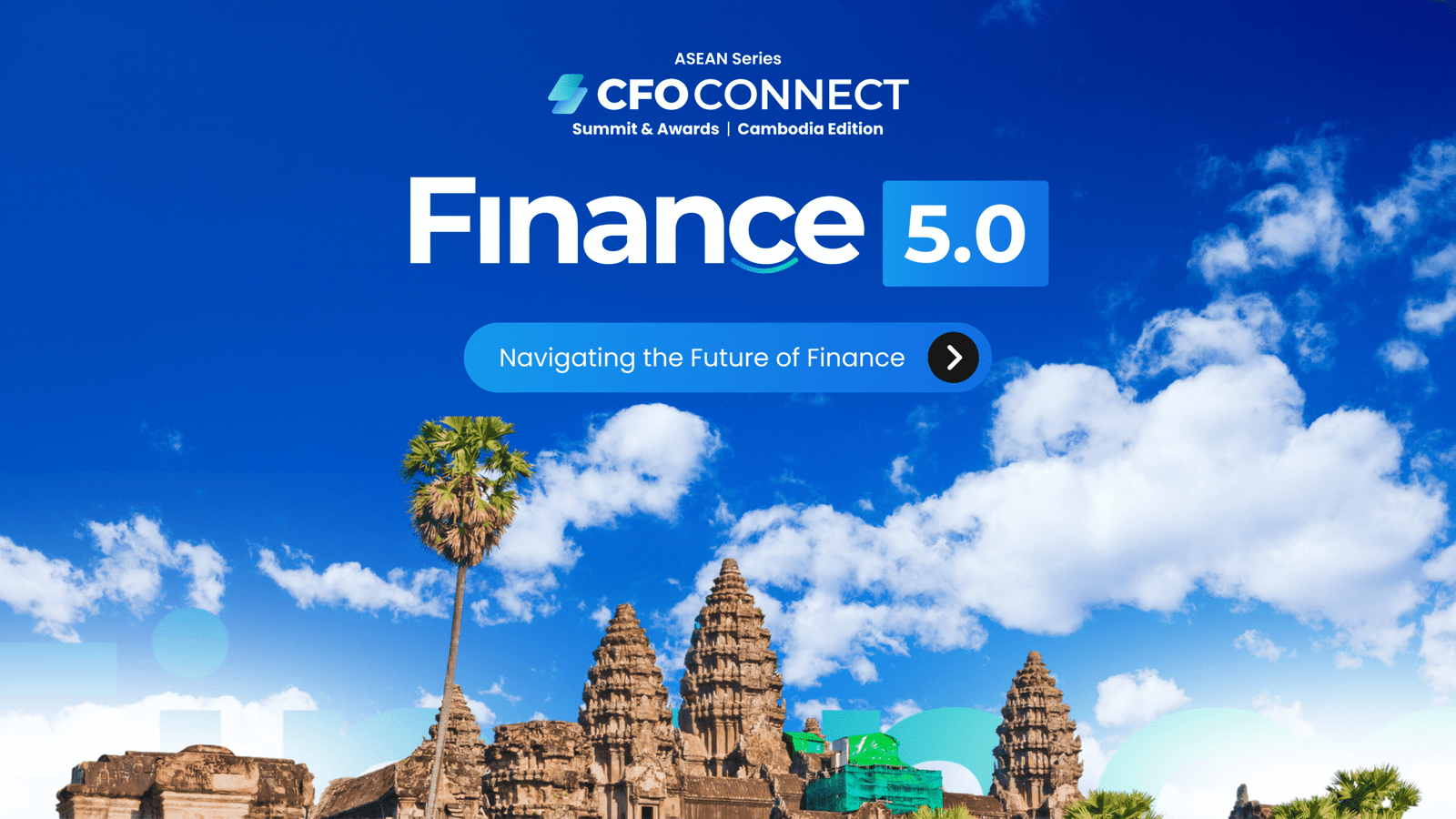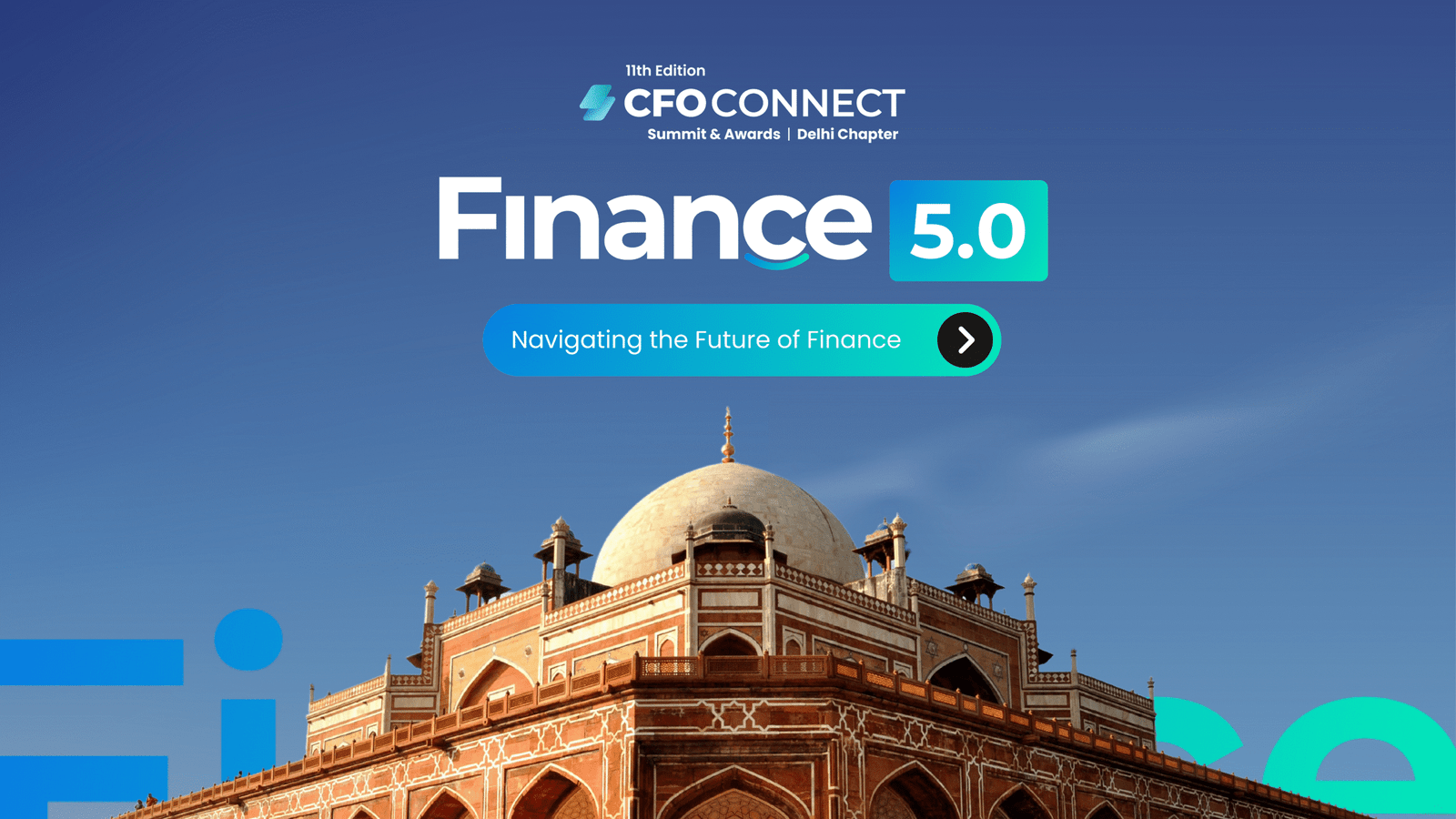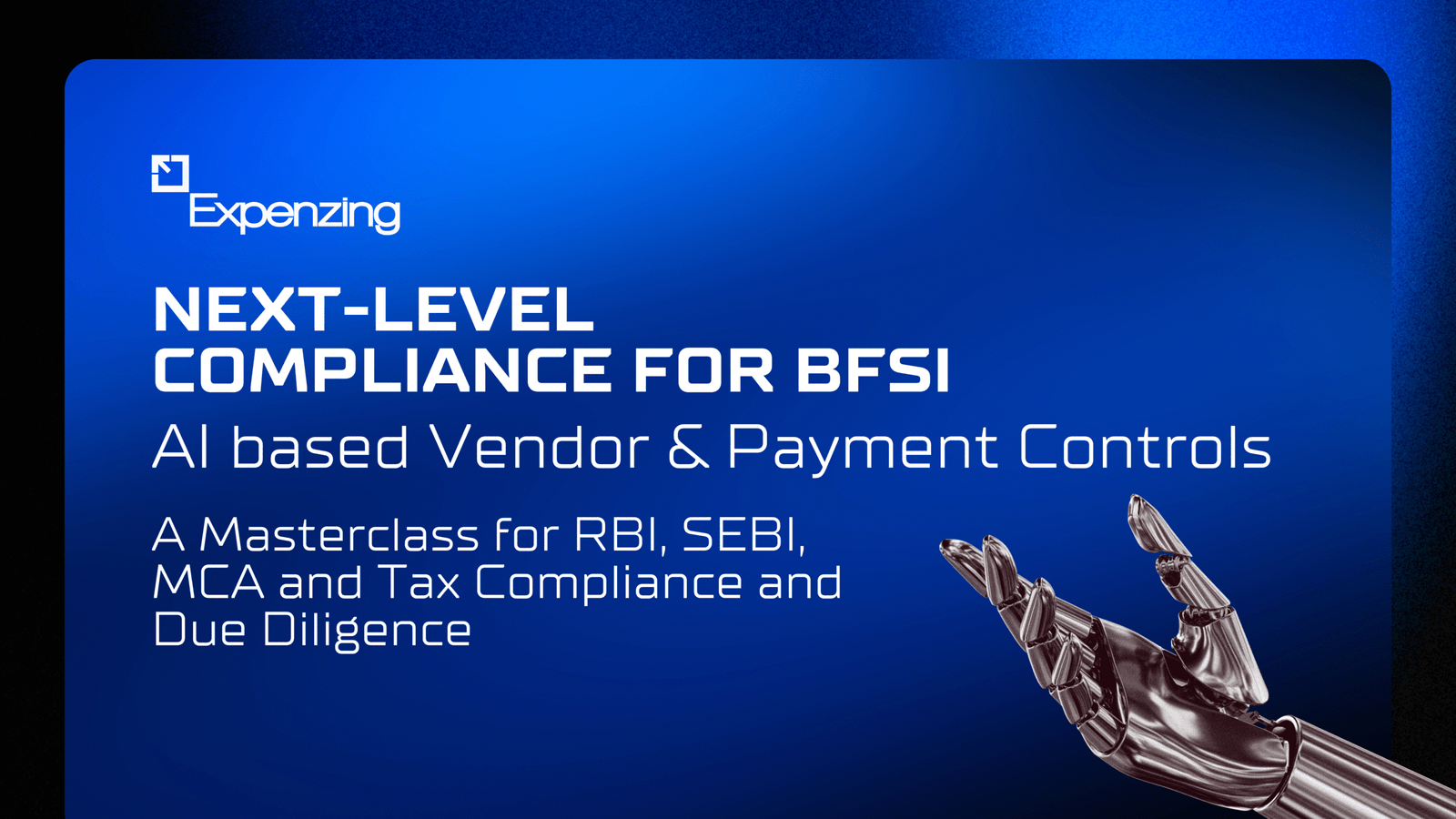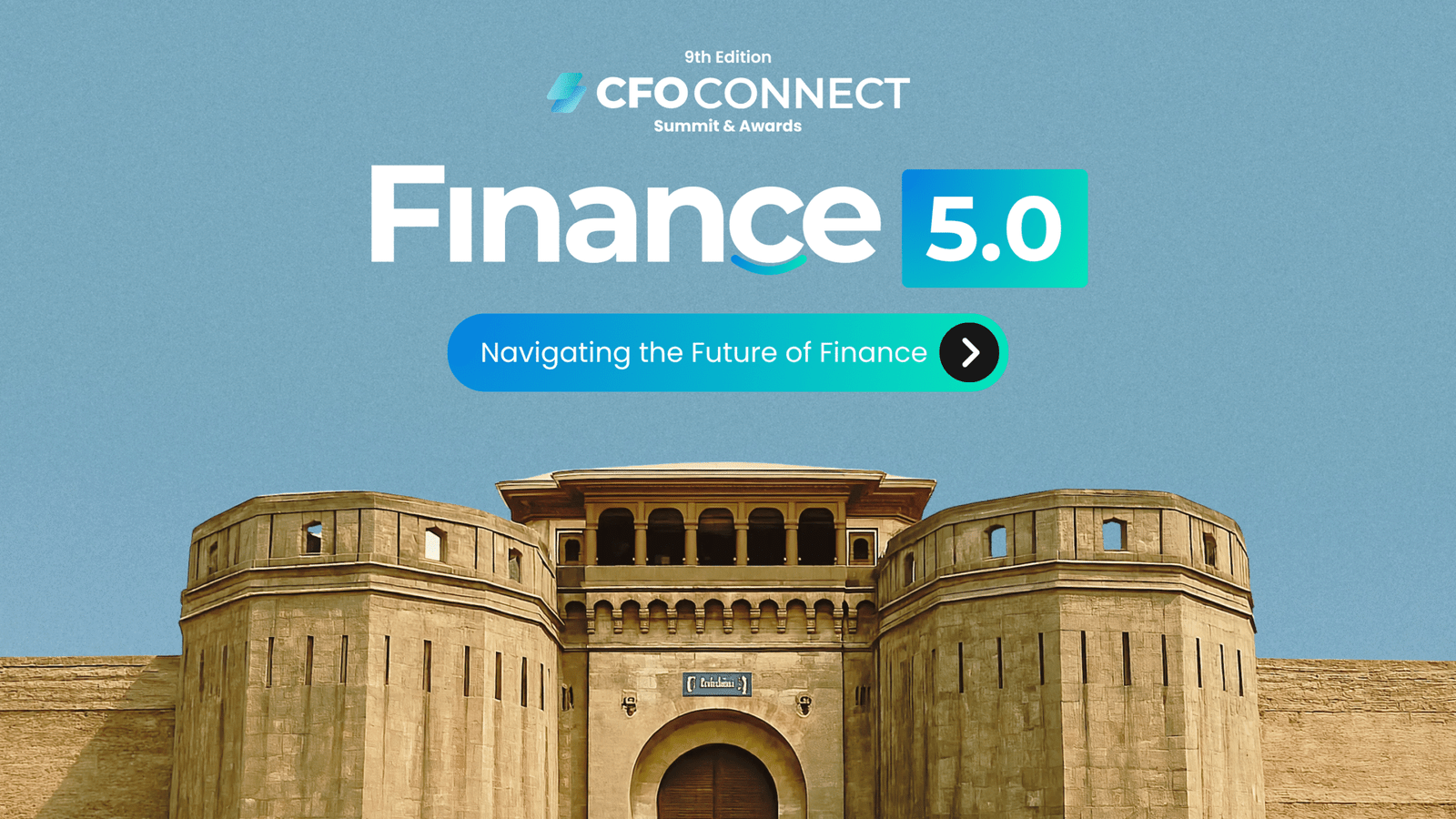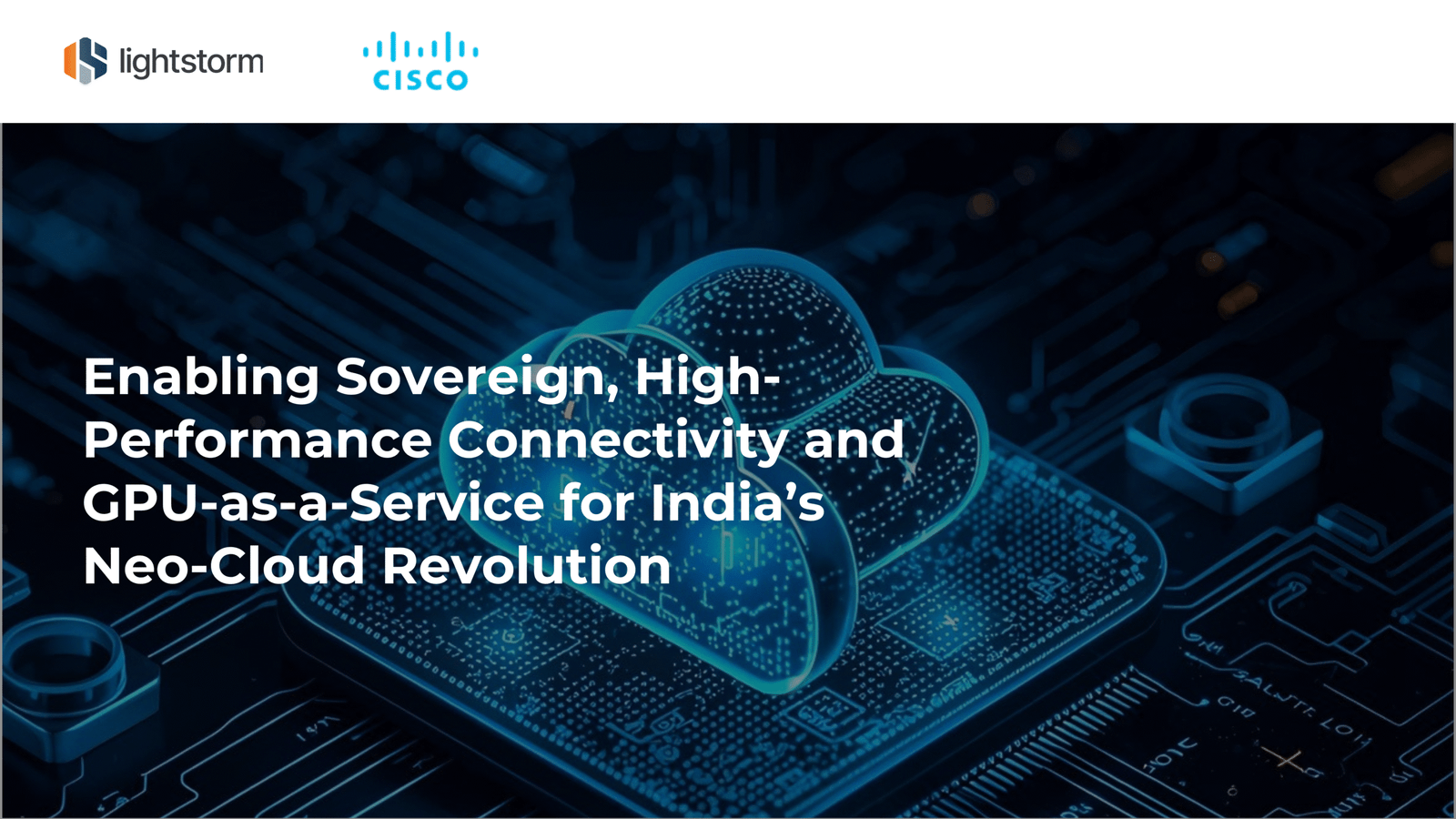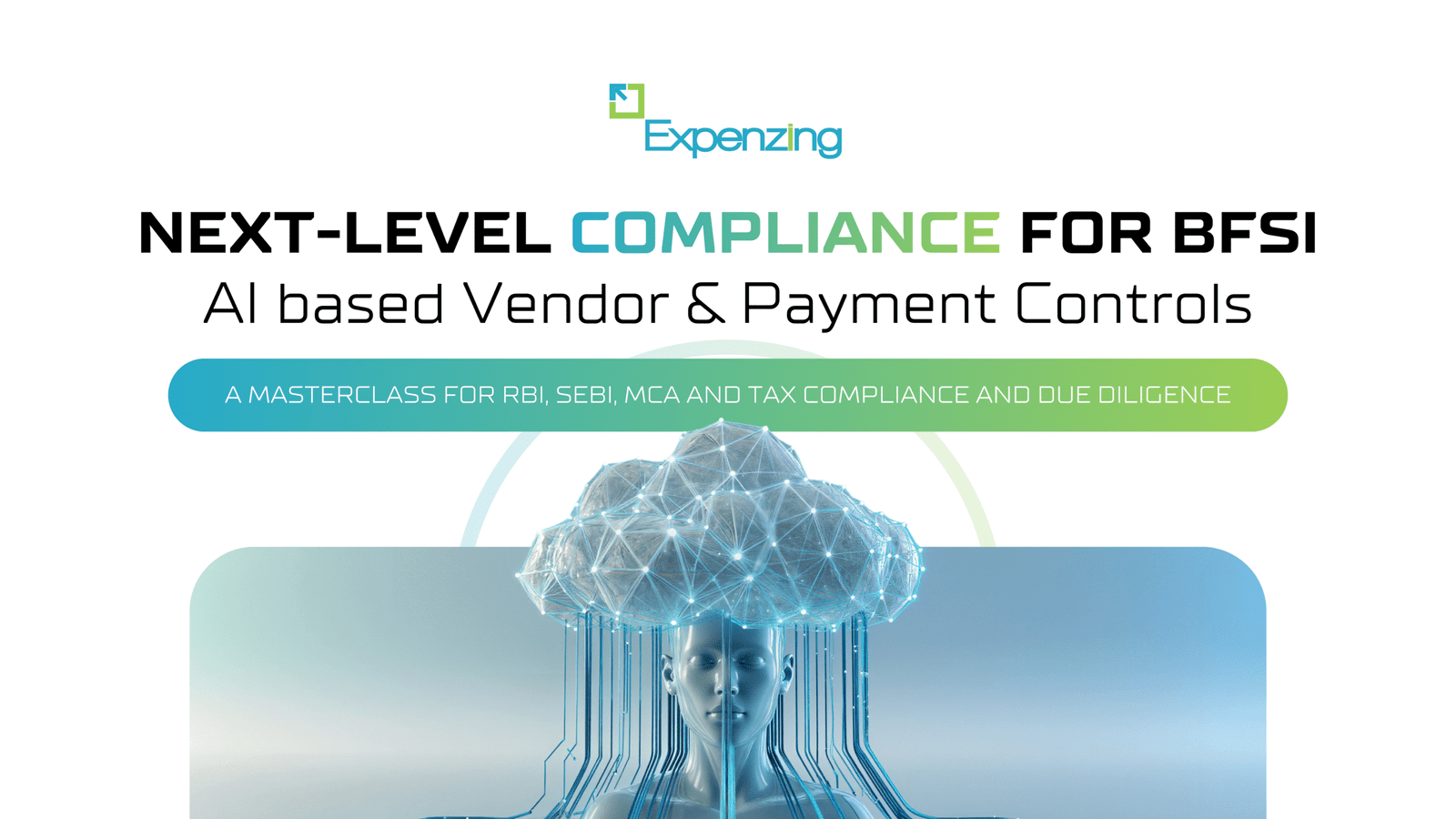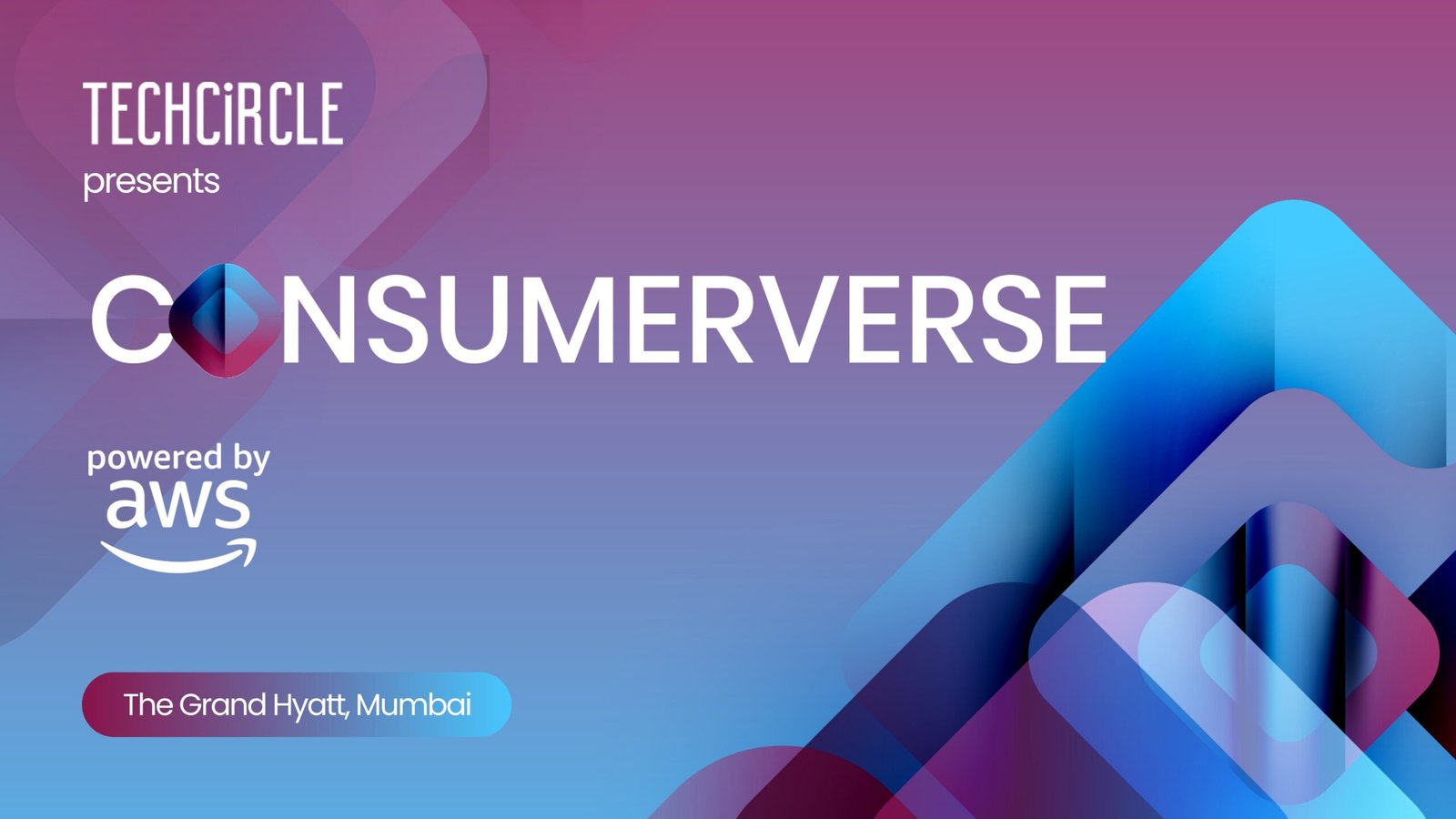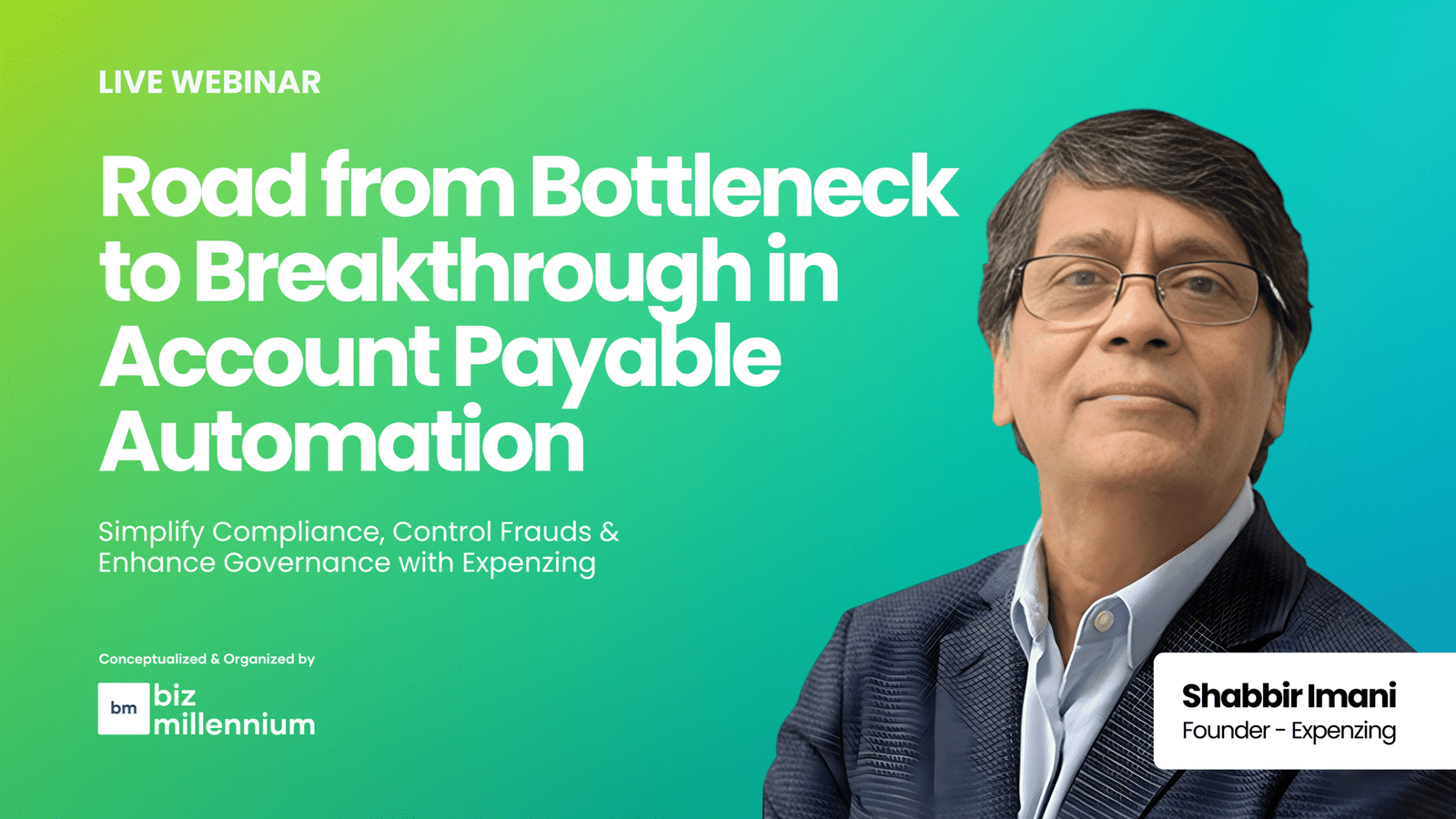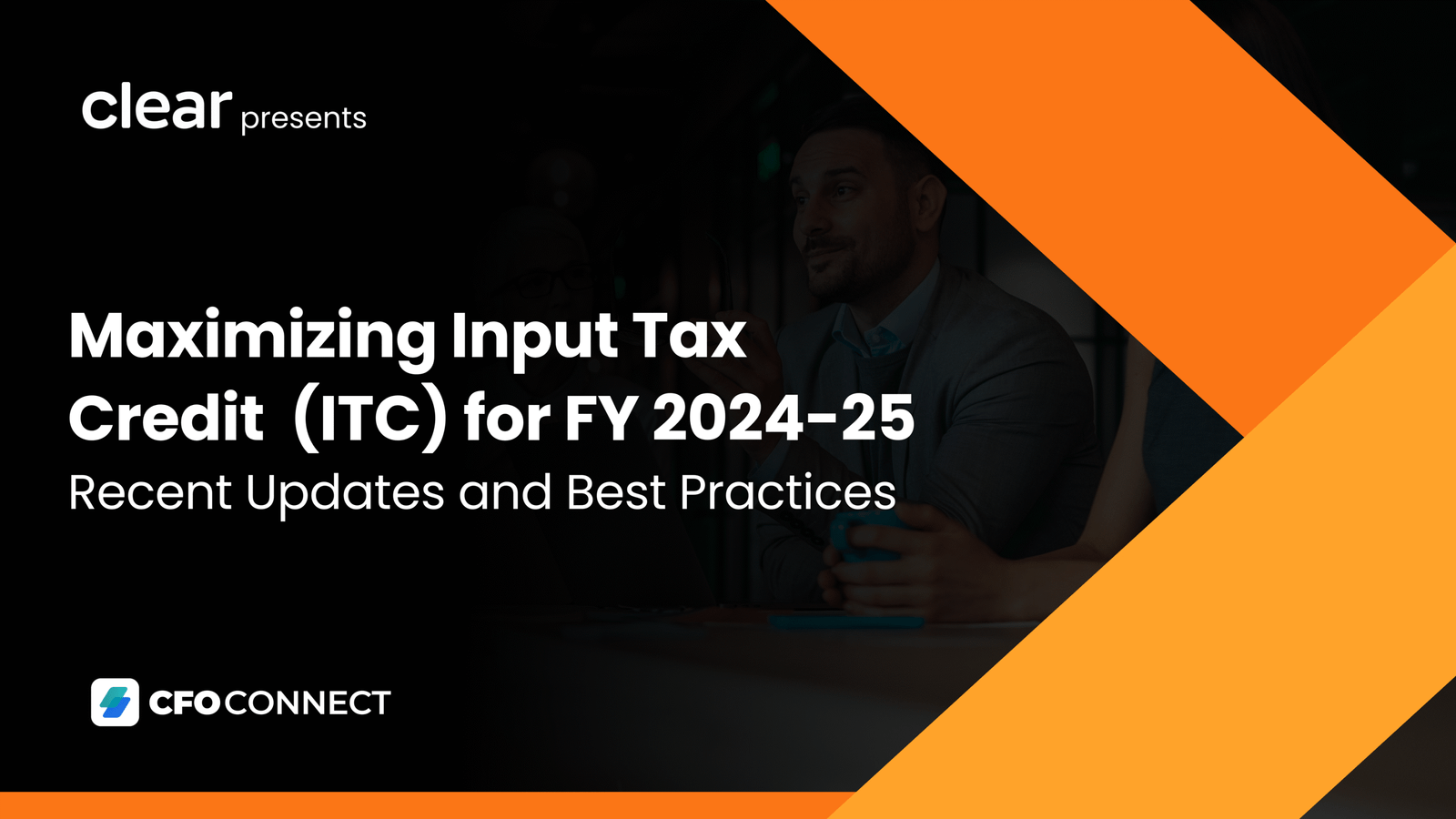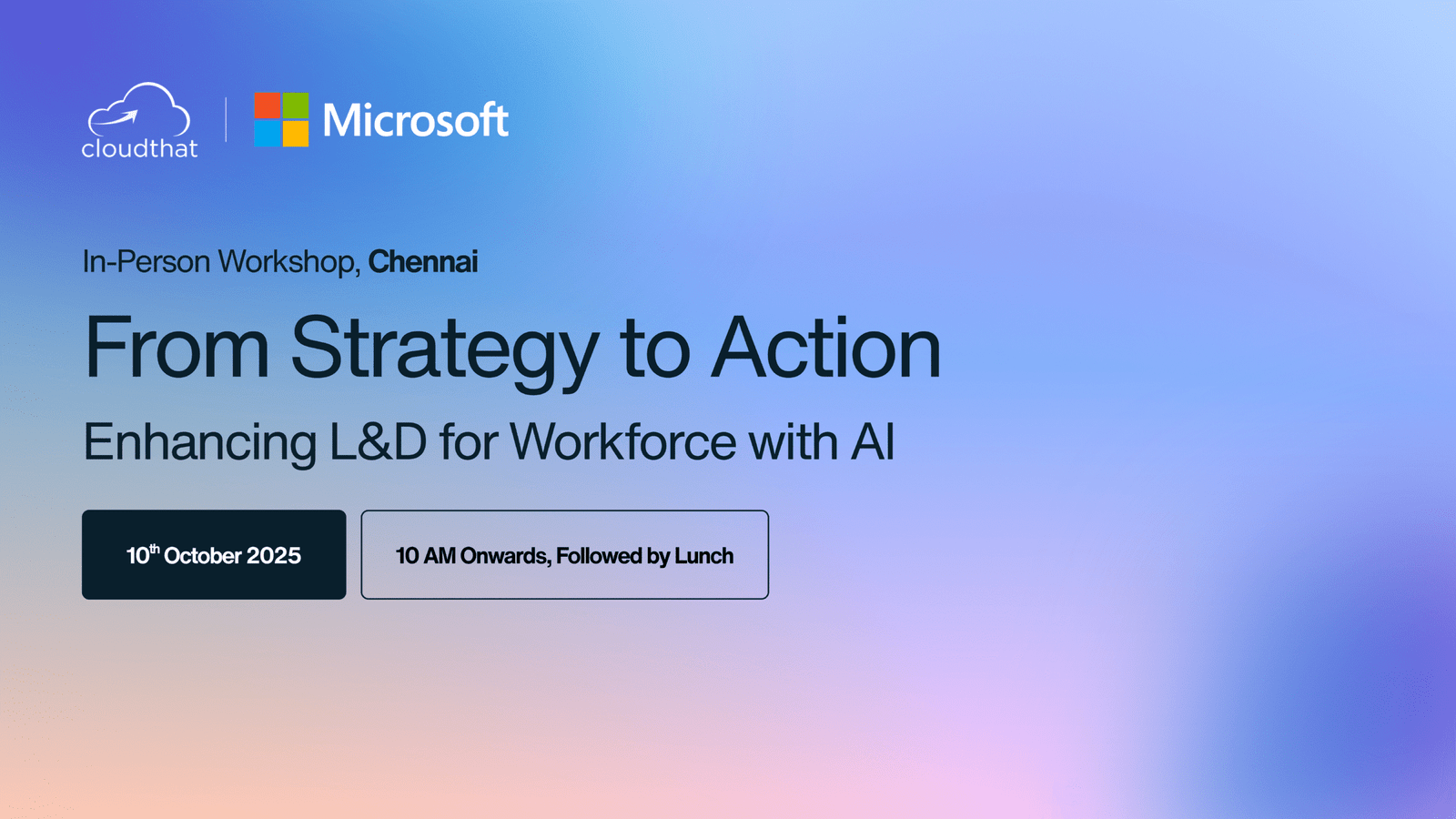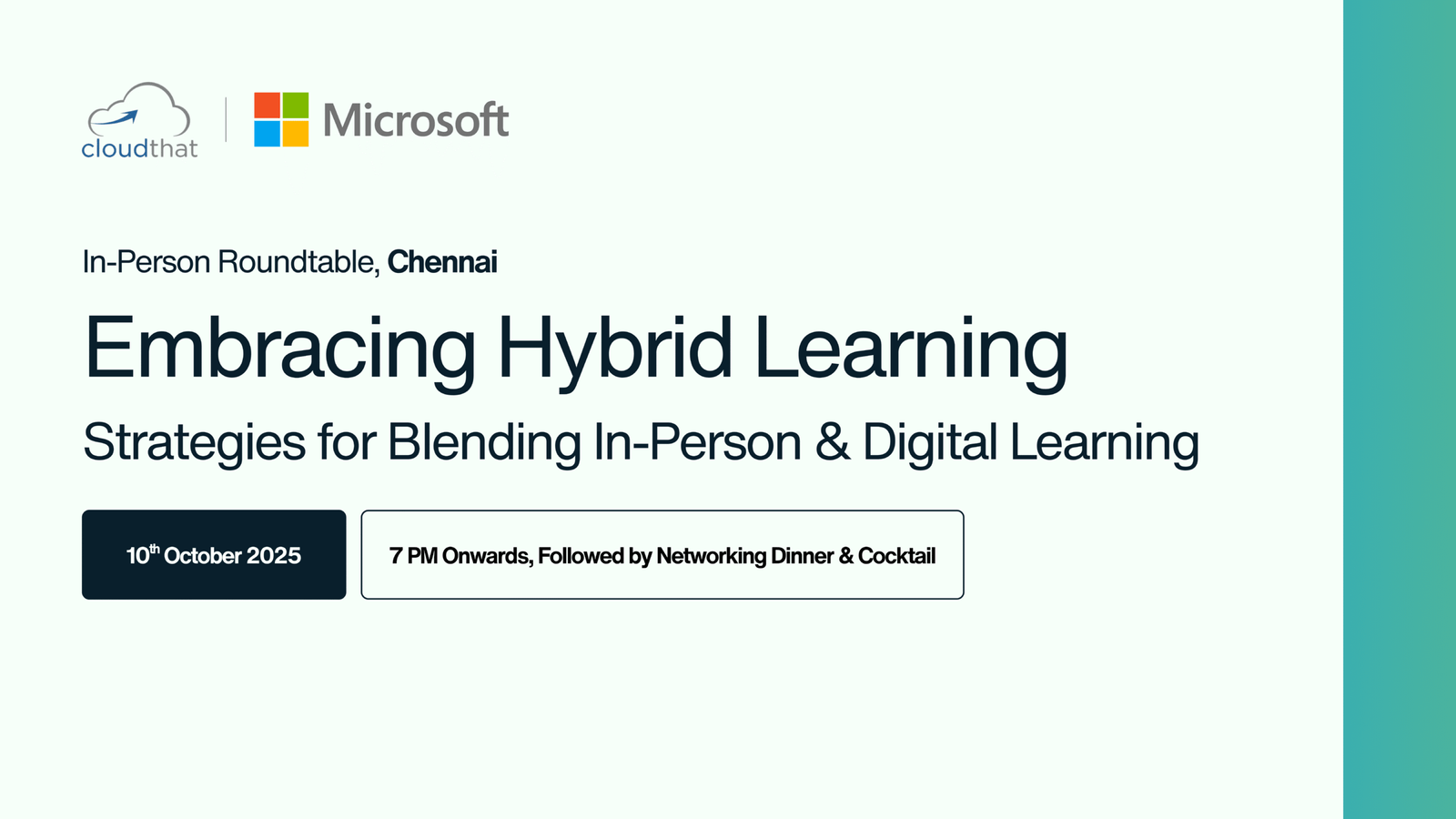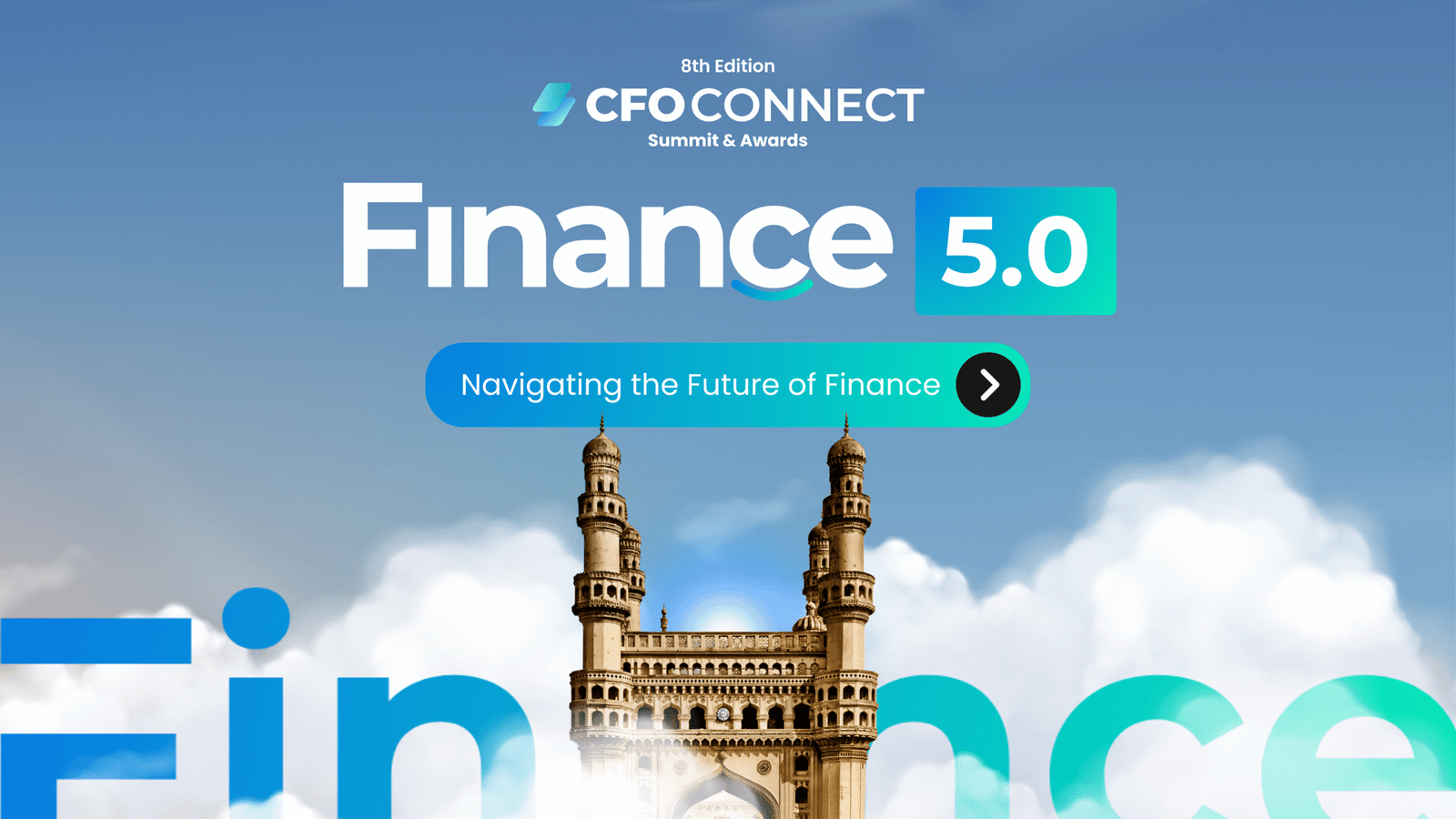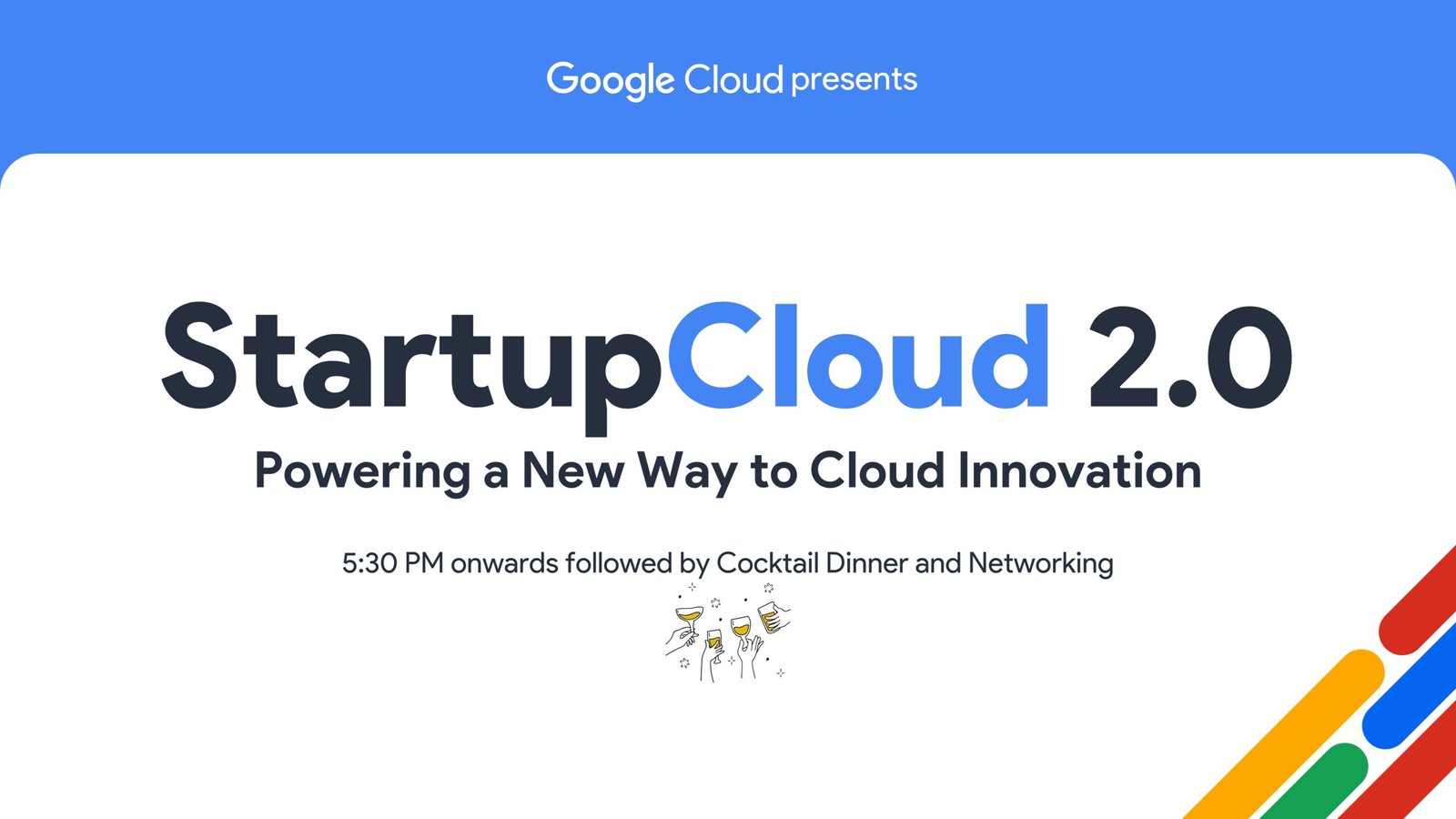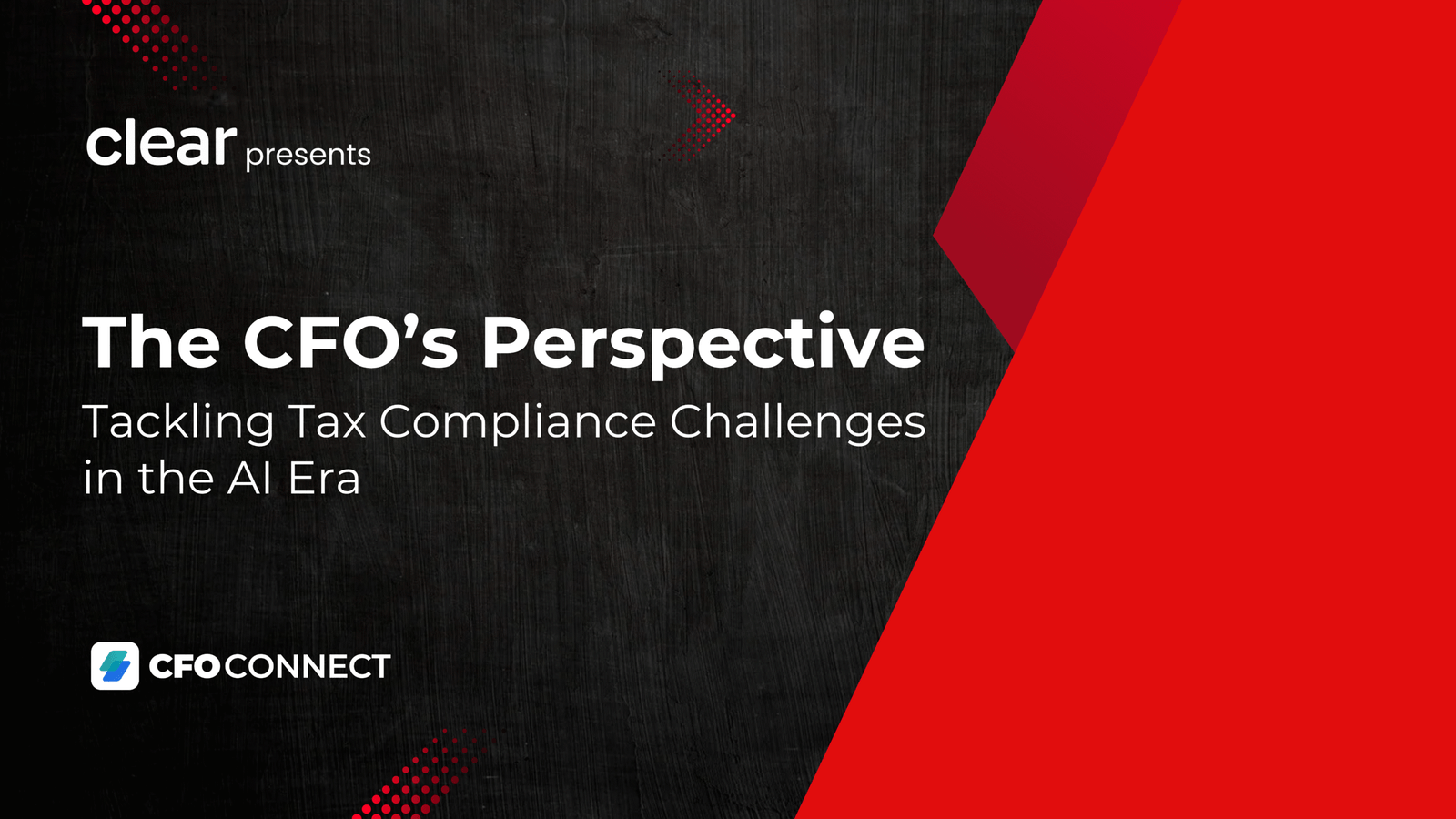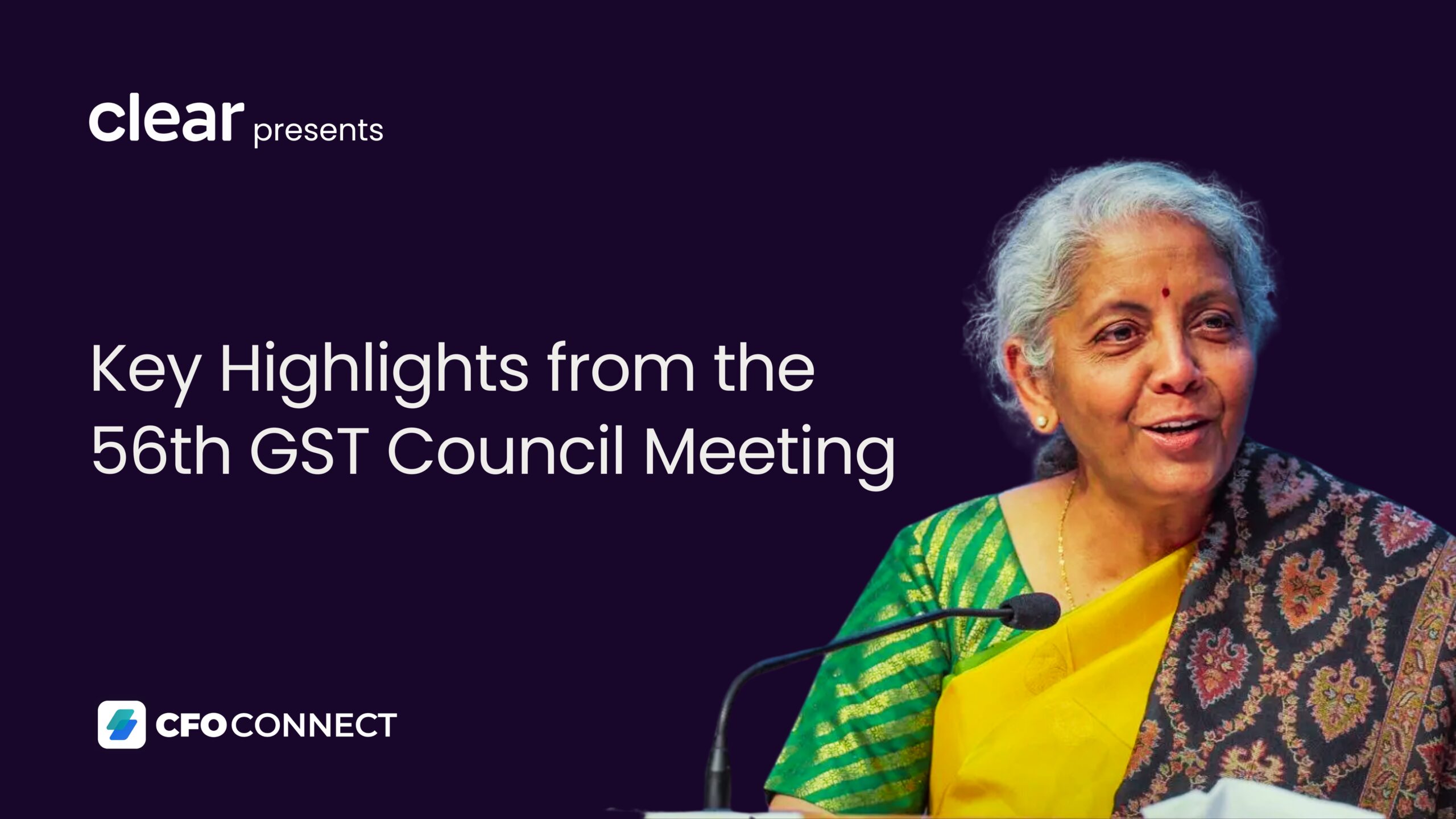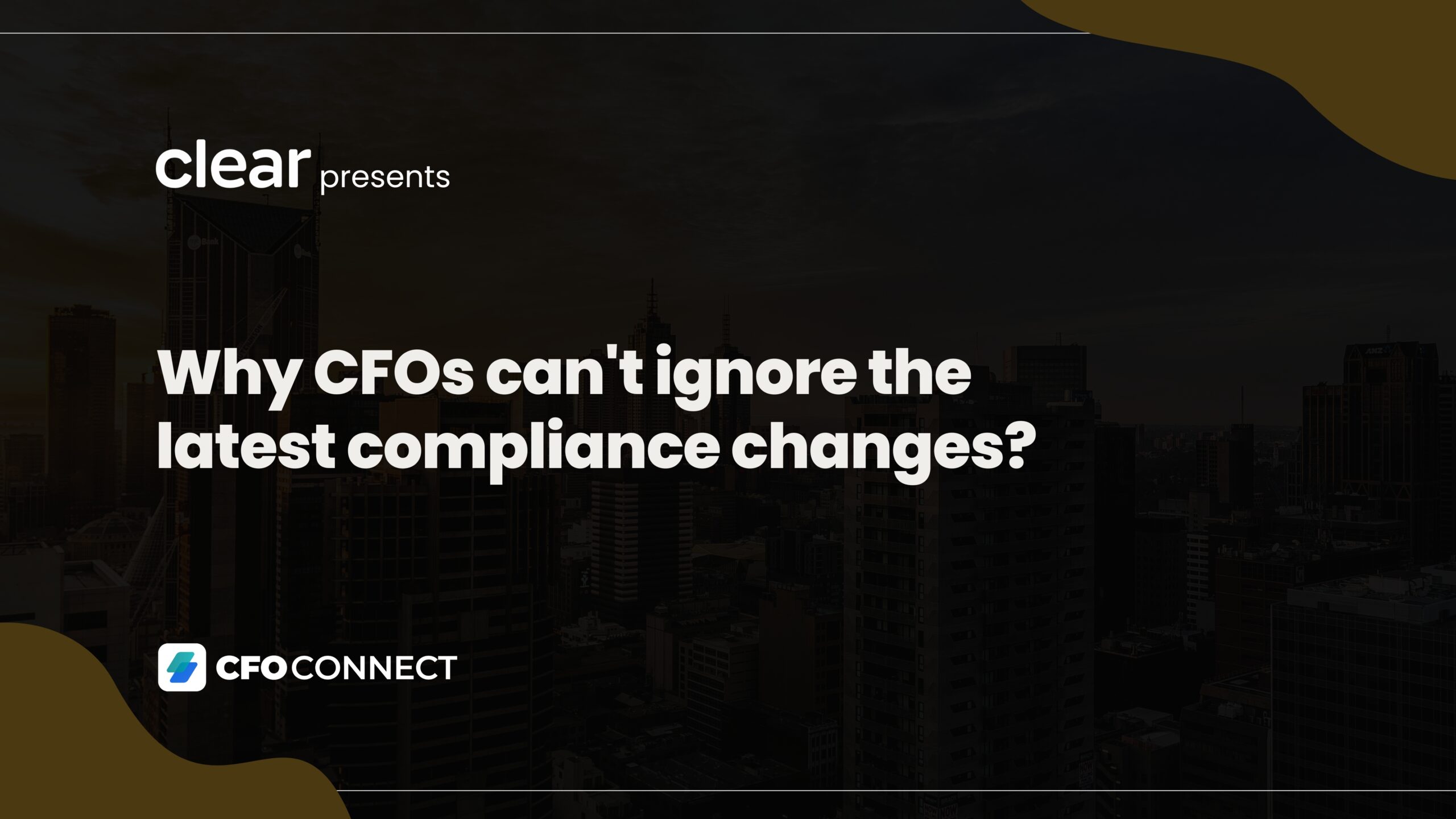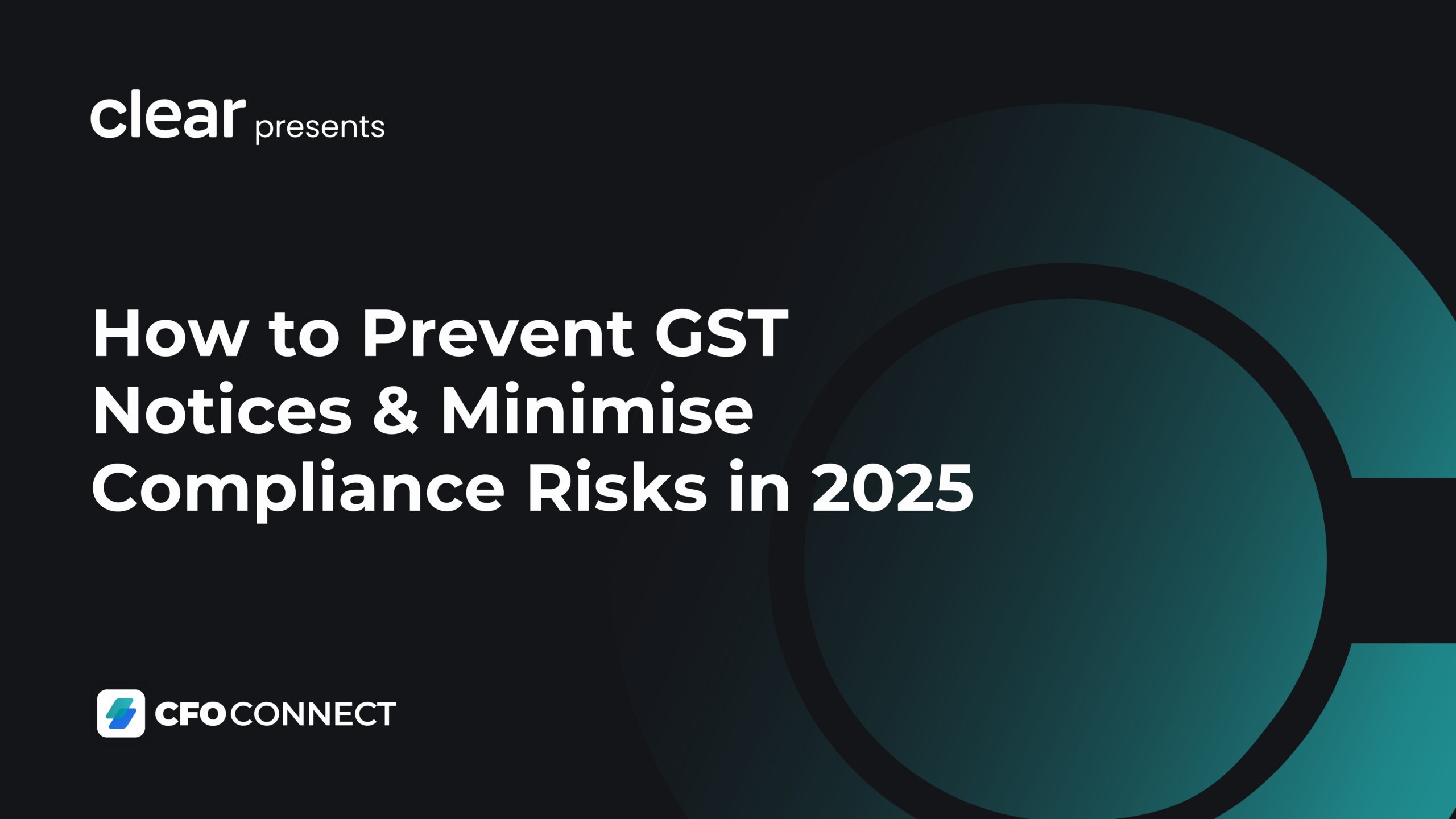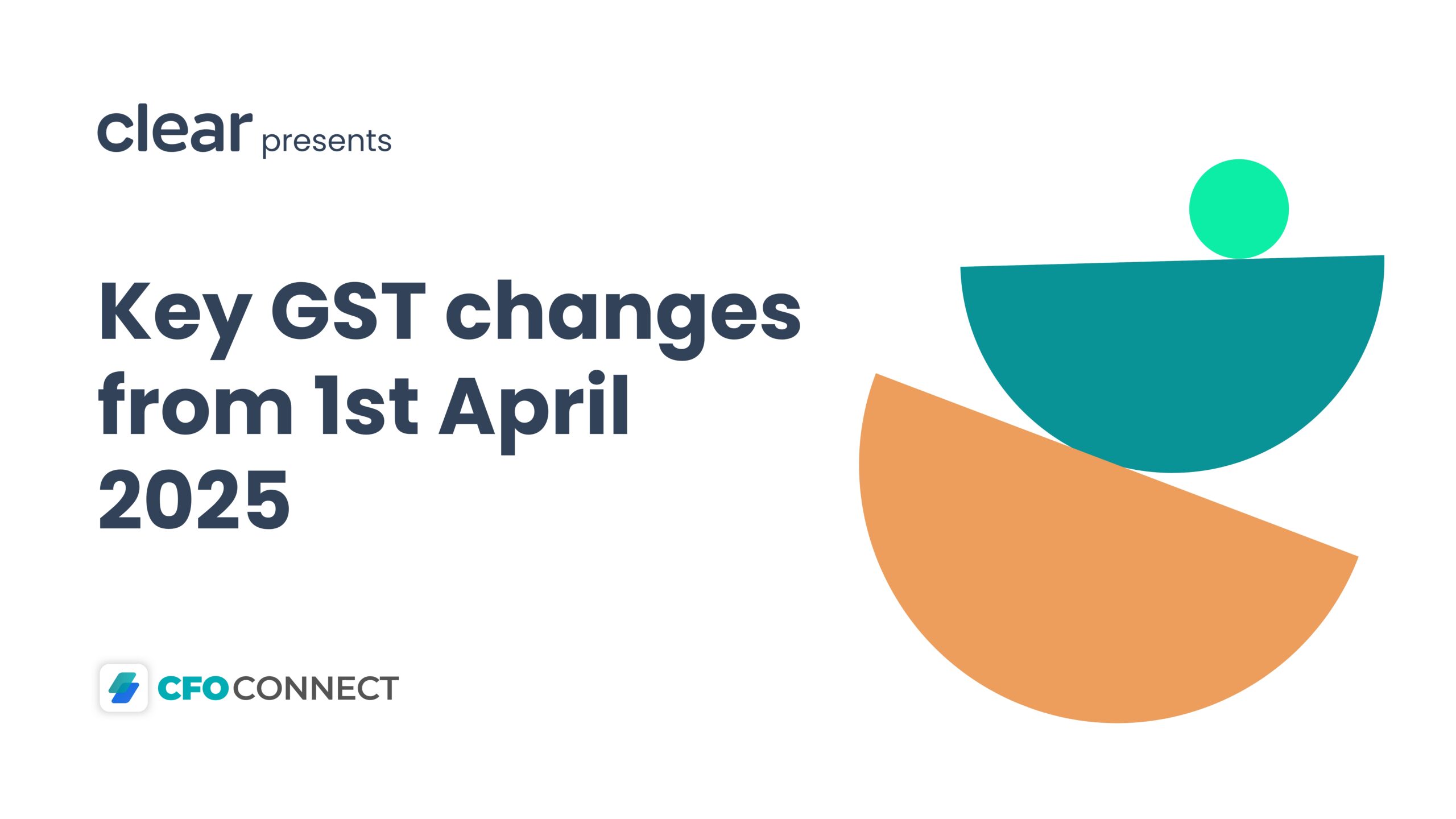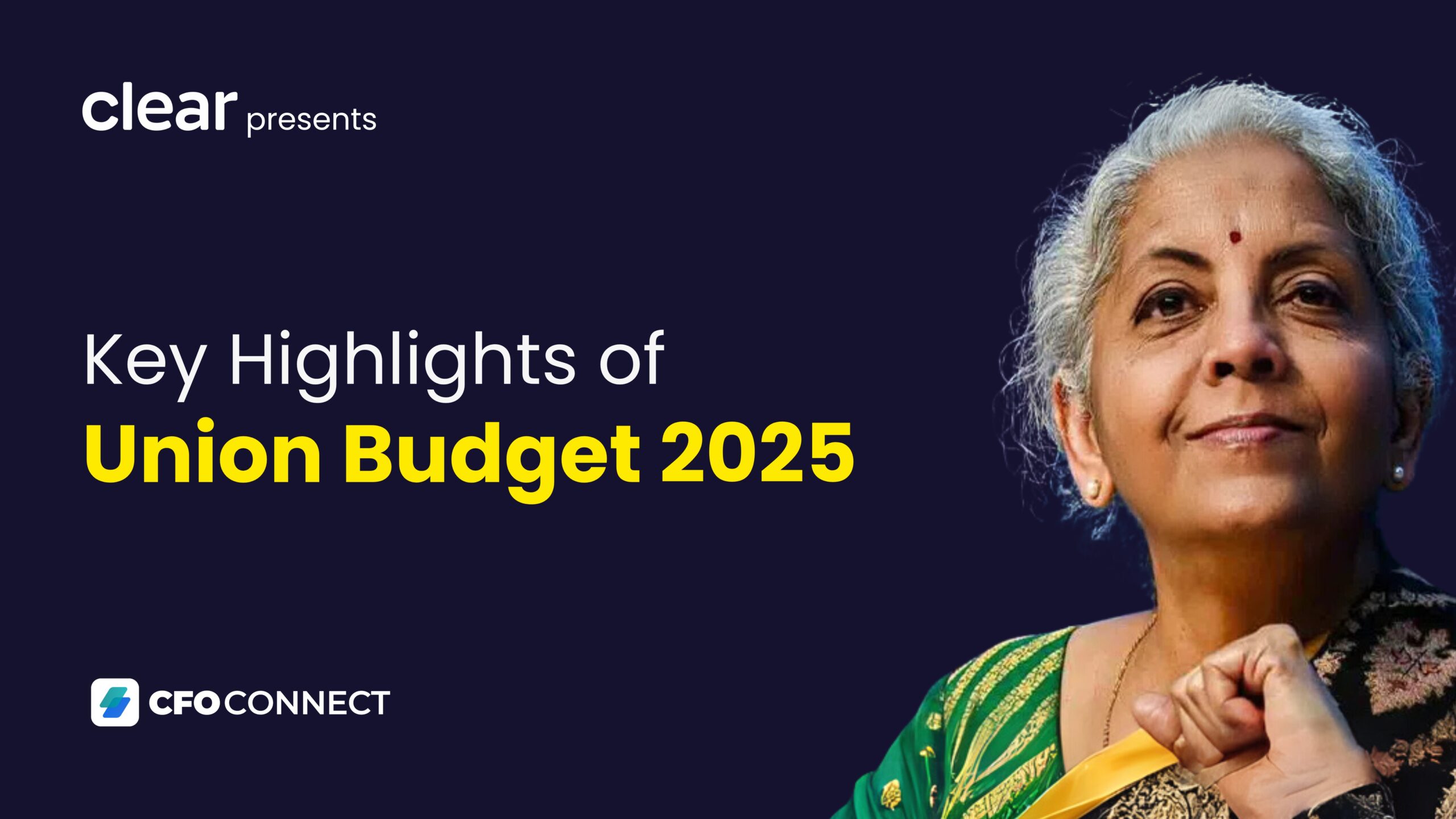HR Katalyst – Lucknow Meetups
Dayal Gateway, Lucknow
18 January 2026
UAE e-Invoicing Penalties
Airmeet
21 January 2026
Finance 5.0 – Mumbai Chapter
Mumbai
22 January 2026
Workforce 4.0 – Bangalore
Bangalore
23 January 2026
From ERP to FTA – UAE
Airmeet
28 January 2026
Finance 5.0 – Qatar Edition
Doha, Qatar
12 February 2026
Finance 5.0 – Cambodia Edition
Cambodia
20 February 2026
25 February 2026
WINGS IN AI & TECH – DUBAI
Dubai, UAE
2 April 2026
CIO Insights – Mumbai
Mumbai
16 April 2026
HR Katalyst – Delhi Meetups
Bella Vie, New Delhi
17 January 2026
14 January 2026
23 December 2025
Finance 5.0 – Pune
Pune
12 December 2025
Spend Smart Summit 2025
Novotel, HICC, Hyderabad
12 December 2025
HPE Executive Summit
JW Marriott Sahar, Mumbai
11 December 2025
Lightstorm – ITC Windsor Bengaluru
ITC Windsor Bengaluru
11 December 2025
Unmute Dubai
Radisson Blu Hotel, Dubai
10 December 2025
10 December 2025
HR Katalyst 5.0
Virtual (Airmeet)
27 November 2025
Consumerverse 2025
The Grand Hyatt, Mumbai
26 November 2025
CHRO – Shaping the Human -Riyadh Edition
Riyadh, Saudi Arabia
13 November 2025
The New ROI Riyadh November
Riyadh, Saudi Arabia
12 November 2025
AI in Tax Compliance
Virtual (Airmeet)
31 October 2025
Road from Bottleneck to Breakthrough in Account Payable Automation
Virtual @3:00 PM
30 October 2025
From Strategy to Action
Mumbai
26 October 2025
Maximizing Input Tax Credit (ITC) for FY 2024-25
Virtual (Airmeet)
24 October 2025
Why CFOs can’t ignore the latest compliance changes?
Virtual (Airmeet)
14 October 2025
From Strategy to Action
Chennai
10 October 2025
Embracing Hybrid Learning
Chennai
10 October 2025
Finance 5.0 – Hyderabad
Le Meridien, Hyderabad
9 October 2025
Startup Cloud 2.0
Mumbai
8 October 2025
GST 2.O Reform
Virtual (Airmeet)
6 October 2025
Global E-Invoicing
Virtual (Airmeet)
24 September 2025
The CFO’s Perspective
Virtual (Airmeet)
19 September 2025
Why Interprises Need a Compliance Data Platform?
Virtual (Airmeet)
12 September 2025
56th GST Council meeting
Virtual (Airmeet)
8 September 2025
56th GST Council meeting
Virtual (Airmeet)
5 September 2025
CFO’s Deep Dive
Virtual (Airmeet)
19 August 2025
Leveraging IMS for enhancing ITC accuracy in GSTR-3B
Virtual (Airmeet)
13 August 2025
CFOs’ Insights
Virtual (Airmeet)
8 August 2025
Breaking the Compliance Bottleneck
Virtual @3:00 PM
7 August 2025
How to Navigate the GSTR-3B Hard-Locking Update
Virtual (Airmeet)
5 August 2025
Masterclass
Virtual (Airmeet)
1 August 2025
Mastering GST Reconciliation
Virtual (Airmeet)
16 July 2025
New GST Compliance Rules & Operational Impact
Virtual (Airmeet)
14 July 2025
Decoding GSTR-1A
Virtual (Airmeet)
9 July 2025
Power Moves for CFOs
Virtual (Airmeet)
4 July 2025
How to prepare for hard-locking of auto-filled GSTR-3B
Virtual (Airmeet)
2 July 2025
Finance 5.0 Delhi June
Delhi
19 June 2025
Startup Tax Mastery
Virtual (Airmeet)
18 June 2025
Crack the Code to Seamless E-Invoicing Integration
Virtual (Airmeet)
9 June 2025
From Excel to AI
Virtual (Airmeet)
4 June 2025
Tips & Tricks for Accurate Q4 FY’25 TDS Return Filing
Virtual (Airmeet)
22 May 2025
Compliance data platform
Virtual (Airmeet)
20 May 2025
Key Highlights from the 56th GST Council Meeting
Virtual (Airmeet)
15 May 2025
Automating ITC Claims
Virtual (Airmeet)
13 May 2025
Why CFOs Can’t Afford to Ignore the Latest Compliance Changes
Virtual (Airmeet)
9 May 2025
Startup Exclusive
Virtual (Airmeet)
7 May 2025
CFO’s Quick Start to Tax Automation
Virtual (Airmeet)
2 May 2025
Ensuring Smooth Compliance with ERP Migration & Integration
Virtual (Airmeet)
28 April 2025
Streamlining E-Invoicing
Virtual (Airmeet)
25 April 2025
Step-by-Step Guide for Error-Free Compliance
Virtual (Airmeet)
17 April 2025
15 April 2025
Maximise Your ITC Potential Using GSTN’s IMS
Virtual (Airmeet)
9 April 2025
Achieving GST Compliance Excellence
Virtual (Airmeet)
7 April 2025
Decoding Comprehensive GST Checklist
Virtual (Airmeet)
4 April 2025
Your Tax Guide to Start a New Financial Year 2025-26
Virtual (Airmeet)
2 April 2025
Maximise ITC Claims with Annual Reconciliation
Virtual (Airmeet)
28 March 2025
Getting Prepared for FY 2024-25
Virtual (Airmeet)
26 March 2025
Master Q4 TDS Returns Filing – Avoid Penalties & Stay Compliant!
Virtual (Airmeet)
24 March 2025
Critical e-Invoicing Updates from 1st April 2025 & Compliance Tips
Virtual (Airmeet)
21 March 2025
How to Prevent GST Notices & Minimise Compliance Risks in 2025
Virtual (Airmeet)
17 March 2025
Year-End Activities for 2024-25
Virtual (Airmeet)
12 March 2025
Finance 5.0 Mumbai Feb
Mumbai
11 March 2025
56th GST Council Meeting Highlights & Key Takeaways
Virtual (Airmeet)
10 March 2025
Key GST Changes from 1st April 2025
Virtual (Airmeet)
7 March 2025
GST Year-End Compliance Checklist for 2024-25
Virtual (Airmeet)
3 March 2025
Transforming Financial Operations with AI-Enabled Solutions
Virtual (Airmeet)
27 February 2025
Automating GST Compliance with AI-Based Reconciliation
Virtual (Airmeet)
24 February 2025
Avoiding Common Filing Mistakes for TDS Compliance
Virtual (Airmeet)
21 February 2025
Decoding the Budget Impact on Your Business
Virtual (Airmeet)
19 February 2025
Future-Proof Solutions for E-Invoicing & E-Way Bill Downtime
Virtual (Airmeet)
17 February 2025
Master the Art of GSTR-3B Filing with IMS
Virtual (Airmeet)
14 February 2025
Master Error-Free GSTR-1 Filing Using IMS
Virtual (Airmeet)
10 February 2025
Highlights of Union Budget 2025
Virtual (Airmeet)
6 February 2025
Digital transformation of the Accounts Payable function
Virtual (Airmeet)
4 February 2025
Navigating Government Scrutiny
Virtual (Airmeet)
31 January 2025
GST Pre-Budget 2025
Virtual (Airmeet)
28 January 2025
Unlocking Accounts Payable Potential in 2025
Virtual (Airmeet)
24 January 2025
Transforming Tax Processes
Virtual (Airmeet)
21 January 2025
Finance Reimagined
Virtual (Airmeet)
16 January 2025
Mastering Changes
Virtual (Airmeet)
10 January 2025
Future of compliance
Virtual (Airmeet)
7 January 2025
Demystifying GST
Virtual (Airmeet)
3 January 2025
Stay Ahead of the Curve
Virtual (Airmeet)
23 December 2024



